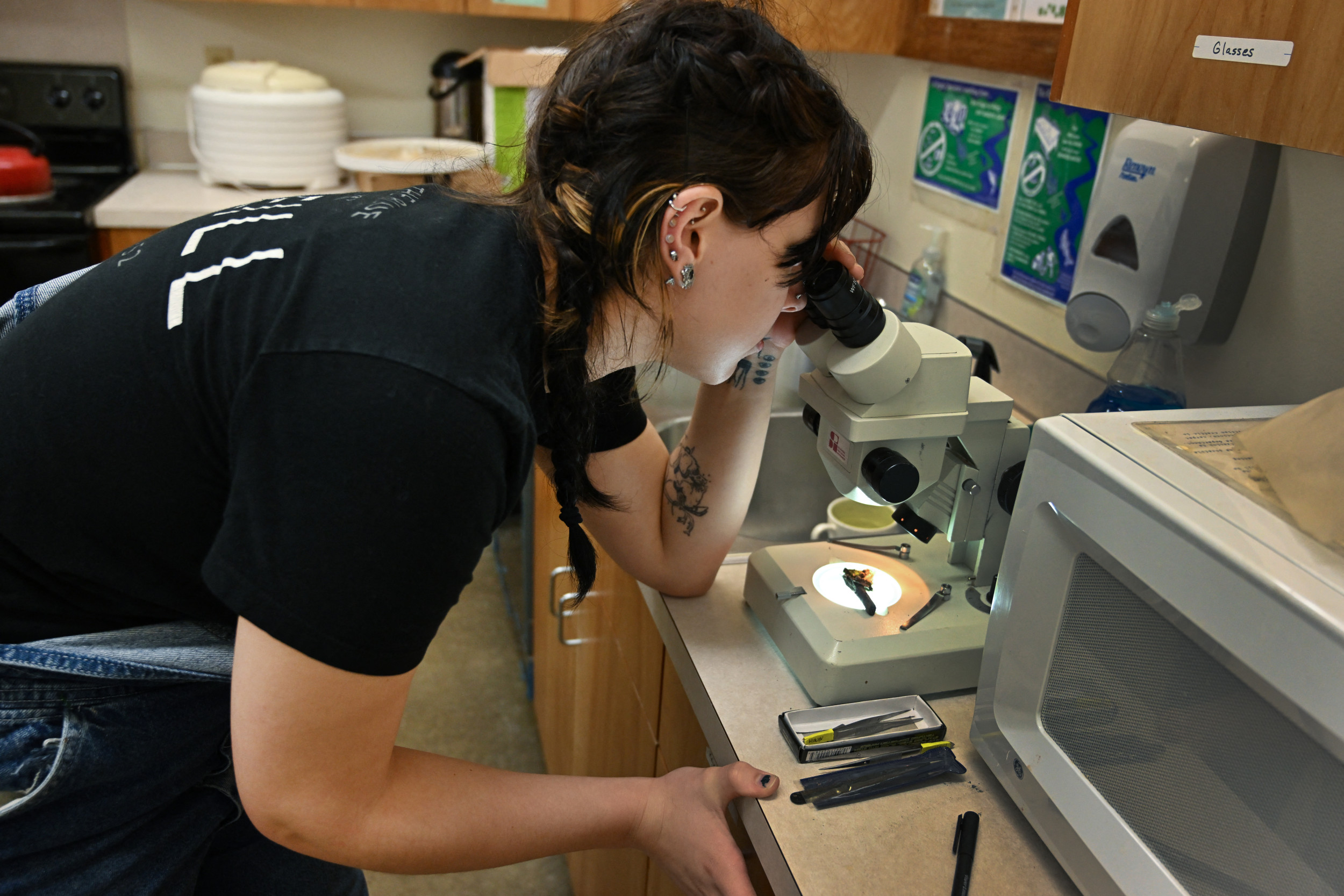Deadly Fungus Spreads Through Europe as Temperatures Rise
3 minute readPublished: Tuesday, May 6, 2025 at 4:00 pm

Deadly Fungi on the Rise in Europe: Climate Change Fuels a Growing Threat
A concerning new study highlights the escalating threat of deadly fungal infections across Europe, fueled by rising global temperatures. Scientists are warning that climate change is creating ideal conditions for fungi like Aspergillus to thrive and spread, posing significant health risks to both humans and wildlife.
The study, published on Research Square, explains how warmer, more humid environments are allowing these fungi, previously confined to tropical regions, to expand their reach. Aspergillus species are particularly concerning, capable of infecting humans, animals, and even crops. These fungi can cause severe infections like aspergillosis, which primarily affects individuals with weakened immune systems, such as those with asthma or undergoing chemotherapy. The infection can be deadly, often going undiagnosed due to subtle symptoms and a lack of awareness.
One of the most dangerous species, *Aspergillus fumigatus*, thrives at body temperature, making it especially lethal. Experts predict its range could expand by 77% by 2100, increasing exposure in northern Europe, Asia, and the Americas. Another species, *Aspergillus flavus*, affects crops and produces toxins that can cause liver damage and cancer, further exacerbating food security and public health concerns. The situation is worsened by the fact that these fungi are becoming resistant to fungicides, making them harder to control.
Professor Elaine Bignell of Exeter University emphasizes that while we are exposed to these fungi daily, climate change and other environmental stressors are lowering the barrier to infection. The limited availability of effective antifungal drugs further compounds the problem, highlighting an urgent need for research and development in this area.
BNN's Perspective: This report underscores the complex challenges posed by climate change. While the scientific findings are alarming, it's crucial to avoid alarmism. A balanced approach is needed, focusing on both mitigation efforts to address climate change and proactive measures to improve healthcare preparedness and research into effective treatments. This includes investing in early detection, public awareness campaigns, and the development of new antifungal drugs.
Keywords: Aspergillus fungi, climate change, fungal infections, aspergillosis, *Aspergillus fumigatus*, *Aspergillus flavus*, Europe, rising temperatures, health risks, weakened immune systems, antifungal drugs, environmental stressors, extreme weather, food security, public health, research, global warming.